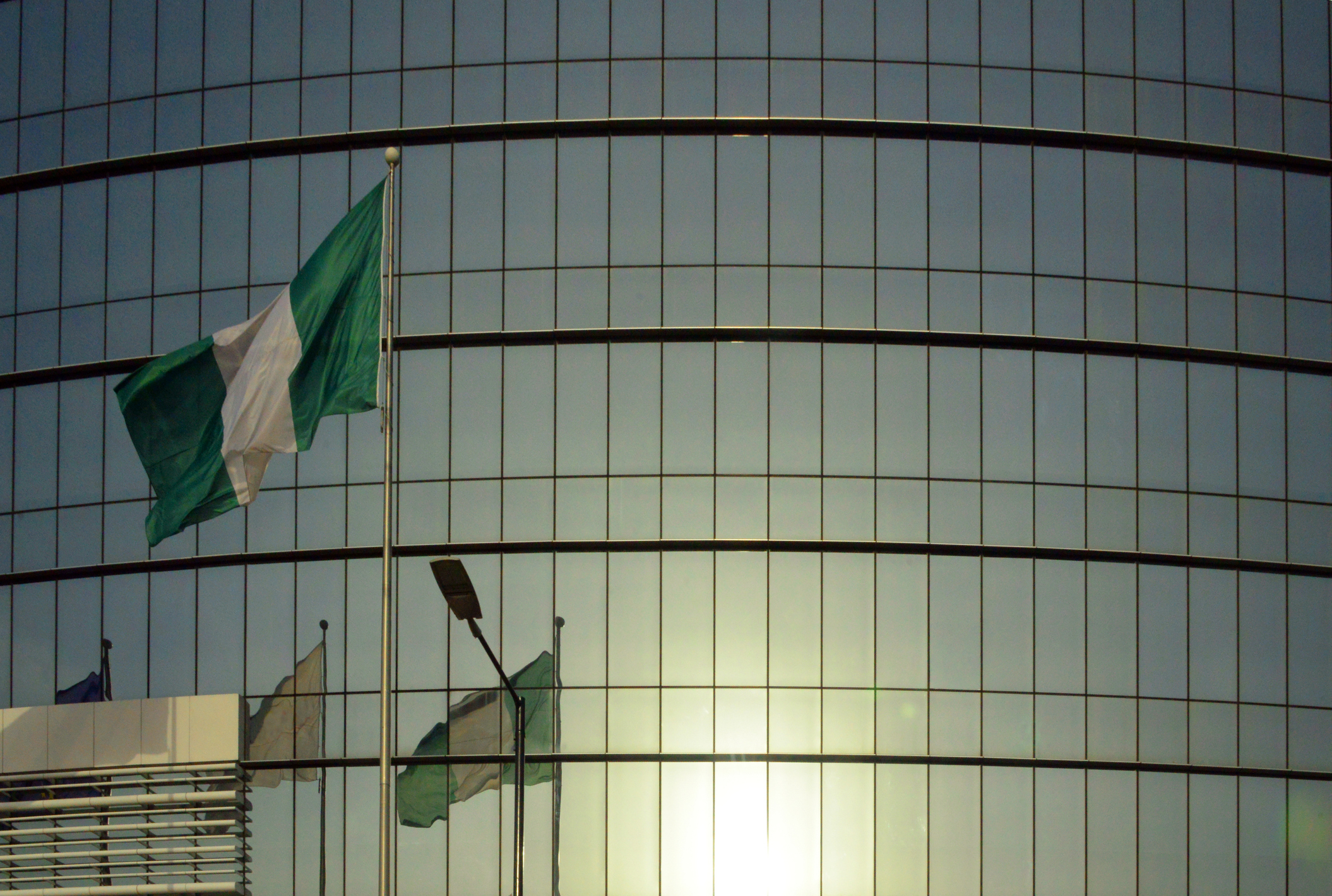The World Bank estimates that for Nigeria to achieve its ambition of becoming a $1 trillion economy by 2030, it would need to grow five times faster than its current pace.
Nigeria’s economy expanded by 4.6% year-on-year in the final quarter of 2024, pushing annual growth to 3.4%—its fastest pace in a decade, excluding the temporary rebound from the Covid-19 pandemic, according to the World Bank’s newly released Nigeria Development Update (NDU).
Titled Building Momentum for Inclusive Growth, the biannual report highlights a cautiously optimistic economic outlook, crediting the acceleration to a stronger fiscal position and improved revenue collection.
The World Bank noted that Nigeria’s fiscal deficit narrowed sharply from 5.4% of Gross Domestic Product (GDP) in 2023 to 3.0% in 2024, driven by a surge in Federation revenues, which rose from ₦16.8 trillion (7.2% of GDP) in 2023 to an estimated ₦31.9 trillion (11.5% of GDP) last year.
This marks a rare turnaround for Africa’s most populous nation, which has long struggled to convert its natural wealth, especially from oil, into sustained economic development.
Loading...
Despite previously boasting the continent’s largest economy, Nigeria has historically faced chronic underinvestment in infrastructure, high unemployment, and deep fiscal imbalances worsened by fuel subsidies and volatile oil prices.
“Now, the challenge is to consolidate macroeconomic stability and ignite inclusive growth through deeper, wider structural reforms. There is a need for the economy to generate more and better jobs at scale and reduce poverty,” the World Bank recommended in a statement.
Inflation, while still elevated, is expected to decline modestly, averaging 22.1% this year. The report attributes this trend to tighter monetary policy, which has helped to stabilize expectations after years of policy uncertainty.
The Central Bank of Nigeria (CBN) has faced mounting pressure to restore its credibility after previous years of multiple exchange rates and unorthodox interventions.
The government of President Bola Tinubu, who assumed office in mid-2023, has taken steps to roll back fuel subsidies and unify the exchange rate—a move welcomed by investors but controversial at home, where cost-of-living pressures remain acute. The World Bank emphasized that inclusive growth remains the missing link in Nigeria’s economic story.
“Nigeria can attain 3.6% growth this year by scaling cash transfers, pursuing public-private partnerships like India’s 2010s infrastructure push, and issuing diaspora bonds to tap $20.1 billion in 2023 remittances,” Nigerian analyst Liadi Oluwaseyi Jimoh says to FORBES AFRICA. “Policy reversals, as in Argentina, must be avoided. Without addressing inflation and global risks, momentum could falter.”
Loading...
